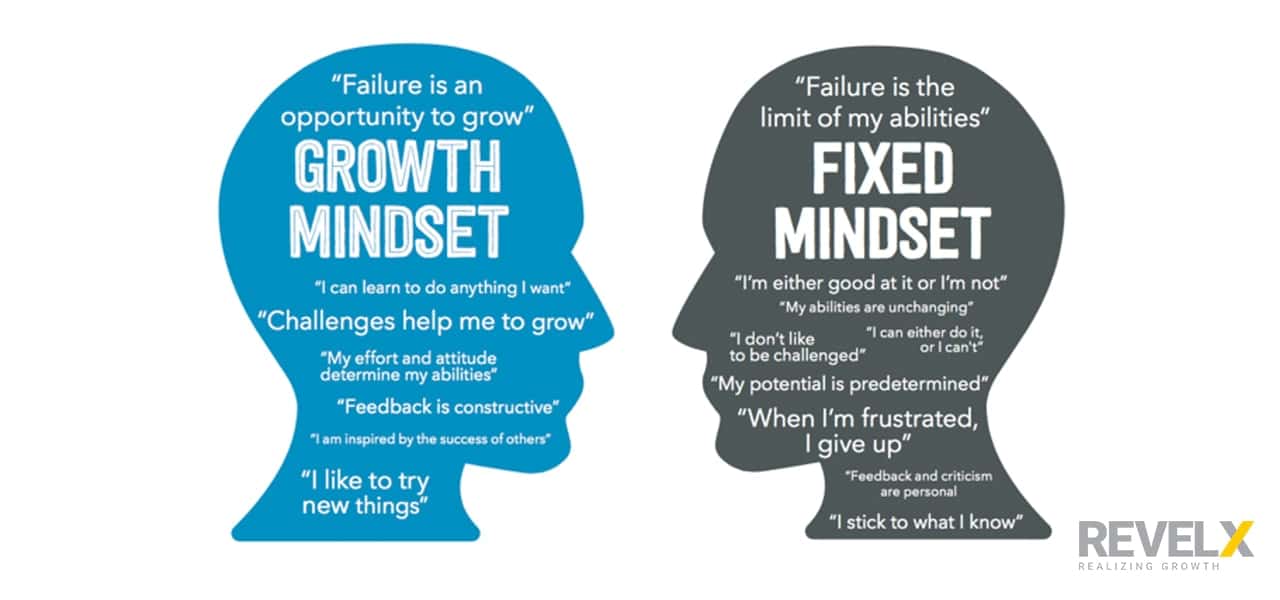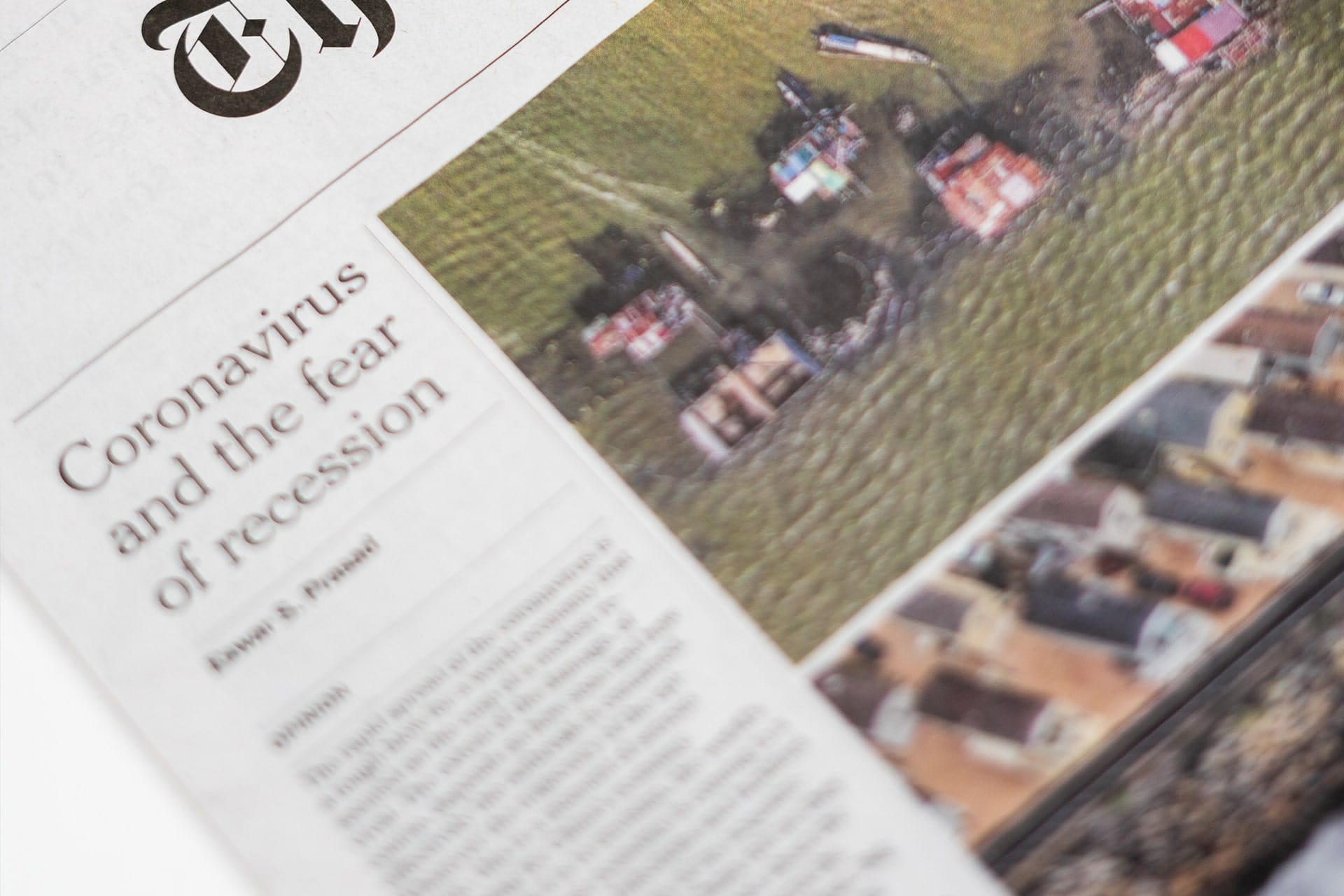People who believe their success is based on hard work, learning, training, and perseverance are said to have a “growth mindset.” I want to describe 5 specific examples of how you can apply this mindset in your job today.
When hiring new staff (by the way, I might be looking for you), I want to meet people that are just nuts about growth. They should have great personalities and be funny, with a touch of craziness. Furthermore, they should be team-players with strong conceptual, analytical and social skills, able to work independently and have an entrepreneurial ability. And last but not least, one of the obligatory skills is having a growth mindset.
What Is a Growth Mindset?
Carol Dweck, professor psychology at Stanford University, did some extensive research into the growth mindset. Her work from the late 80s was originally focused on school children but, as it turned out, could also easily be applied to adults. Dr. Dweck came to the conclusion that humans either have a growth mindset or a fixed mindset.
The growth variant means that you believe that your talents aren’t fixed, but fluid, constantly in development.
Growth mindset people are permanently improving their intelligence and ability to learn new skills, through hard work, training, and perseverance. They believe that learning doesn’t stop the moment you leave school or university. They accept and even welcome failure as a means to move forward. The benefits of this particular mindset are substantial. It makes relationships between people much better, working as a team with the knowledge they have to learn together. It reduces quick judgments, thrives on constructive criticism, and involves less stress.
Fixed mindsets have the tendency to go where the least resistance is expected. They tackle the easy stuff first.
People with a growth mindset, however, focus their attention on the hardest parts first. They also tend to see the bigger picture, the end goal and do not get knocked off their feet by some (individual) setbacks or failures.
Carol’s work helped us in defining the core elements of our own growth mindset, the open-mindedness, the embracing of challenges, and the drive to tackle the big leaps of faith questions first. A growth mindset is imperative in a world where uncertainty is the new normal, where your past experiences and knowledge are less reliable guides for growth.

5 practical examples you can use today
The growth mindset can be applied to your professional life and your organization, too. I want to describe some specific and very practical examples of how you can apply this mindset in your job today:
- Do not feel offended by criticism from a manager. Instead, use this feedback to get better at your job.
- You may have to accomplish a new task, and be a little insecure. In this instance, do not think: “I will never succeed”, but be confident that you will learn the new skills that you will need.
- If you are a manager yourself, opt for task rotation or even job rotation. That way your employees will continue to develop their skill sets.
- When hiring new staff, pay attention to the ability of people to learn new things.
- See new tasks, actions, tactics or strategies as experiments leading to new insights rather than stuff that must lead to success.
I will be honest with you: the reason that I value a growth mindset in my people, is because it has helped me to accomplish difficult tasks many times. Every time I thought that I was not ready for an assignment, this way of thinking saved me.
So, I recommend everyone to foster a growth mindset. At RevelX, we can help you accomplish this with our portfolio of services on growth and free resources you can use in your organization today.
René Jongen
Specialist in top line growth. Supports both corporates that are under a lot of commercial pressure and businesses that are looking for ways to accelerate their growth. Technical physicist. Builds on psychology and neuro-marketing insights.
Related Posts
April 22, 2020
Why customer lifetime value analysis is now more important than ever
Over the course of the last weeks we,…





